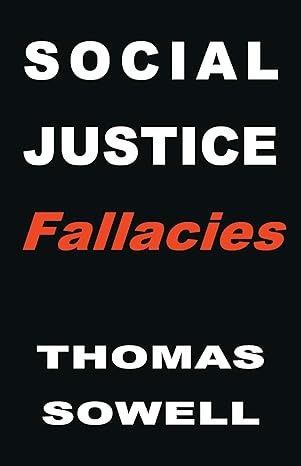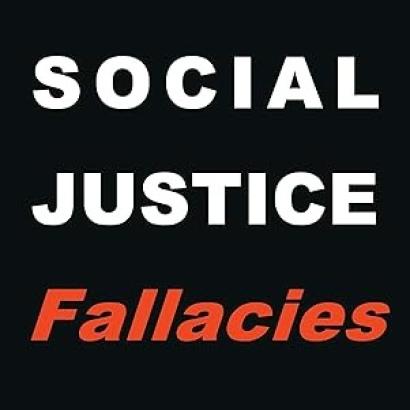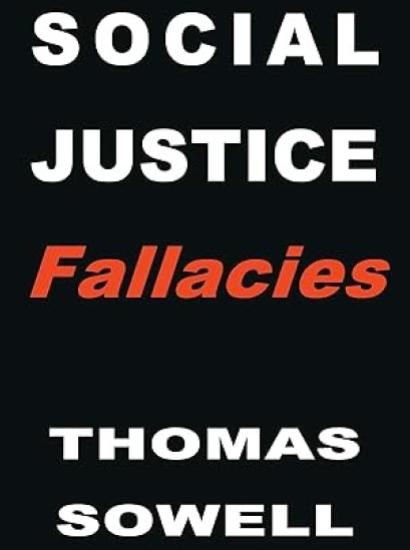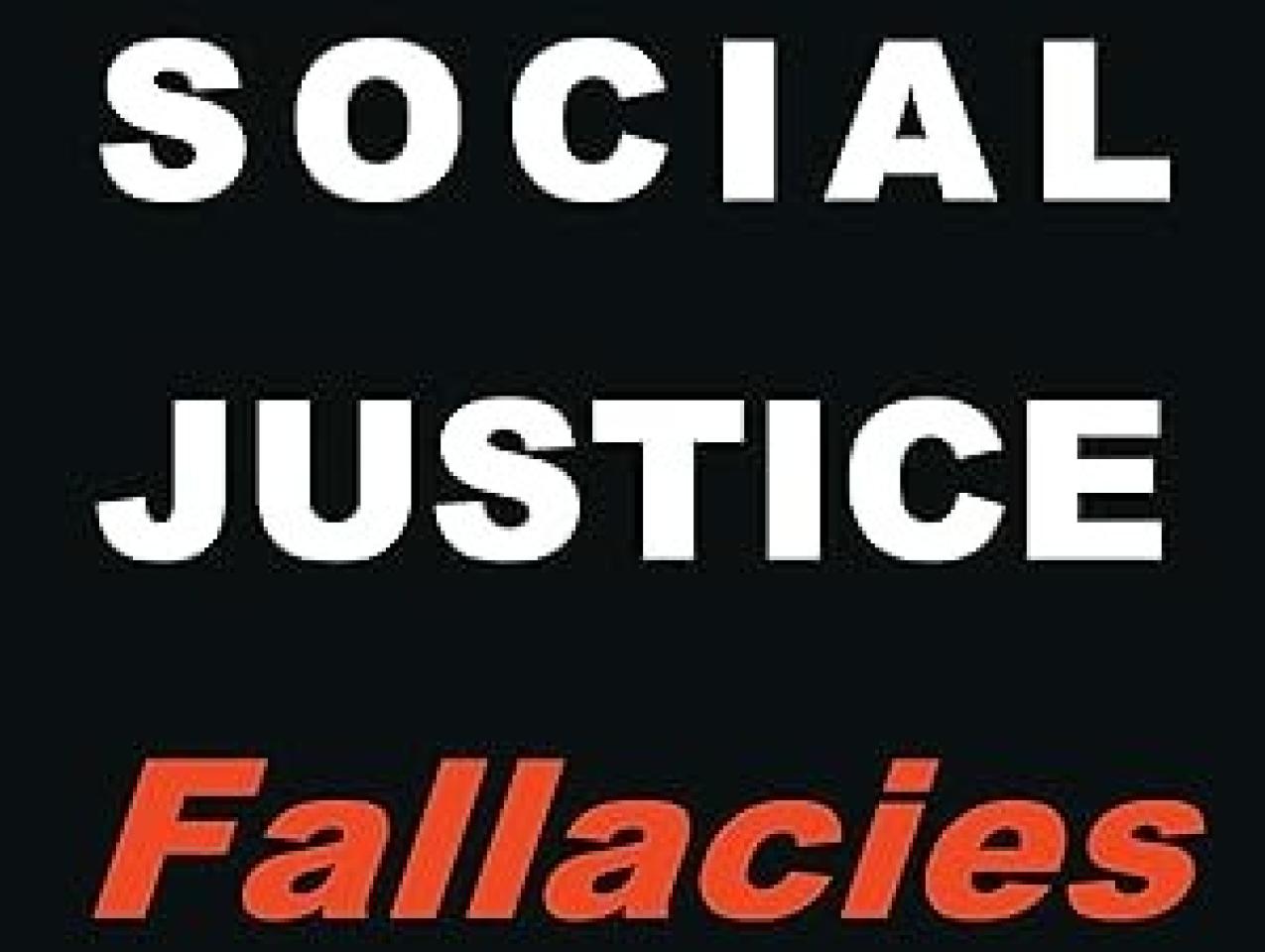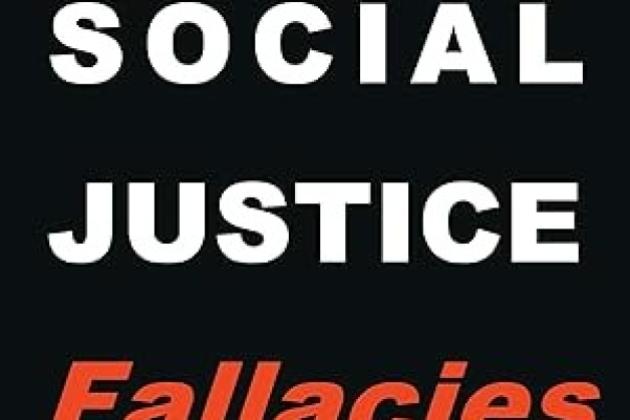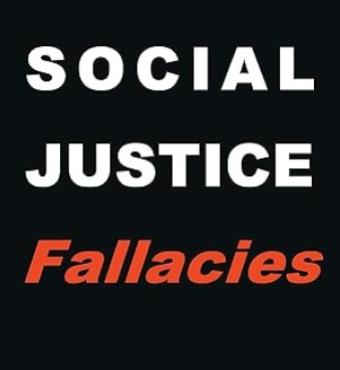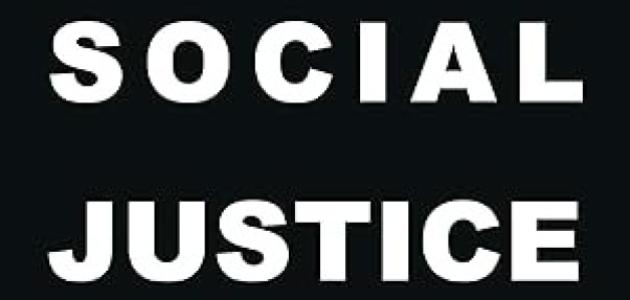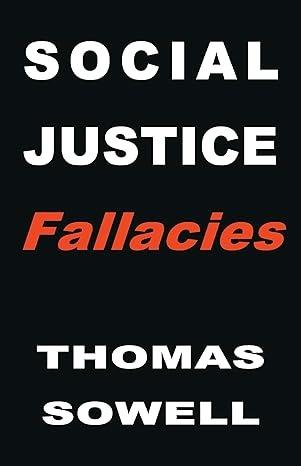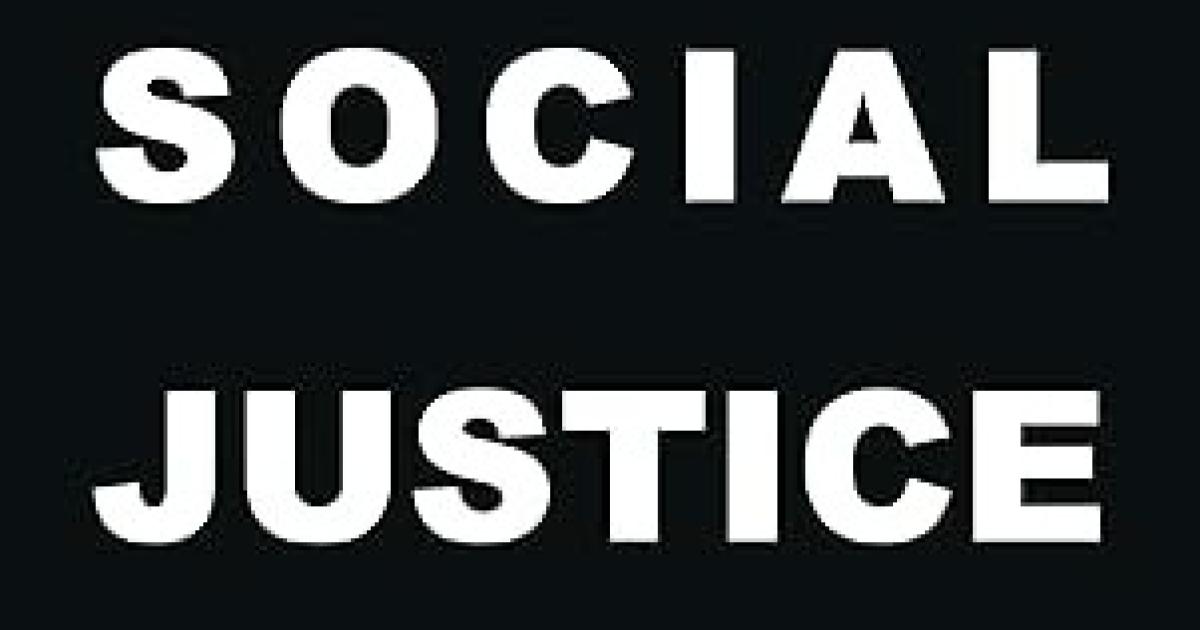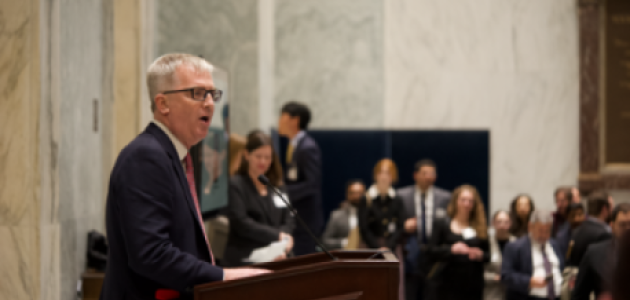Hoover Institution (Stanford, CA) – The highly esteemed economist, public intellectual, and Hoover senior fellow Thomas Sowell has added yet another title to his bibliography of more than forty best-selling books.
In this just-released first segment of a two-part interview with Murdoch Distinguished Policy Fellow Peter Robinson, host of Hoover’s flagship broadcast Uncommon Knowledge, Sowell answers questions about Social Justice Fallacies (Basic Books), which reveals how advocates of the social justice agenda often make arguments that cannot stand up to documented facts.
Sowell tells Robinson that social justice activists seek to achieve their desired outcomes based on racial considerations at the expense of merit, often demanding remedies via government intervention. But, as he explains, their reasoning is often fallacious and easily discredited, because individual social and economic outcomes are driven by various factors beyond government’s grasp, including differences in individuals’ interests, talents, social environments, and cultural backgrounds.
The evidence that Sowell presents demonstrates that attempts by government to enforce equality have had little effect and in some cases have led to disastrous results.
For example, Sowell argues that claims of racism being the primary cause of poverty can be disproven, in part, by the fact that there are White populations (often labeled a privileged group by social justice activists) who are still living in conditions of squalor in the United States today. Further, such assertions ignore the enormous economic progress made by Blacks in the post–World War II era.
Sowell explains that from 1940 to the 1960s, the poverty rate for Blacks dropped from 87 percent to 47 percent. Further, this economic progress occurred prior to the Civil Rights Act of 1964. That legislation rightly guaranteed constitutional rights for Blacks, ended discriminatory practices in hiring, and prohibited segregation in public places. But as Sowell notes, in the decade of the 1960s, the federal government ushered in a suite of social welfare programs that in many respects worked to the detriment of Black populations.
Sowell tells Robinson that when looking back to the 1940s, the proportion of Black households led by a single parent was 17 percent. After these social welfare programs were enacted and took effect, that number quadrupled to 68 percent.
In an interview for this story, Robinson, who has hosted Sowell on Uncommon Knowledge more than a dozen times over the past two decades, reflected on the senior fellow’s legacy and why, at ninety-three years old, he continues to impact important public debates and influence a growing number of young people. Robinson attributed Sowell’s enduring influence to his uncanny ability to investigate and make arguments based on logic, facts, and unique observations; his fearlessness in unapologetically telling the truth as he sees it; and an unmatched moral authority in addressing the Black experience in America over nearly a century of life.
Robinson underscored that in Social Justice Fallacies, as in all the other books Sowell has written, readers can get the sense that Sowell is trying to not just draw conclusions but also inform fellow citizens so that they are better able to preserve political, social, and economic freedom in America.
“That is a very striking and, in my mind, very moving aspect of Sowell’s work,” Robinson said.
Click here to watch the entire episode.
Part two of the interview airs September 27.







